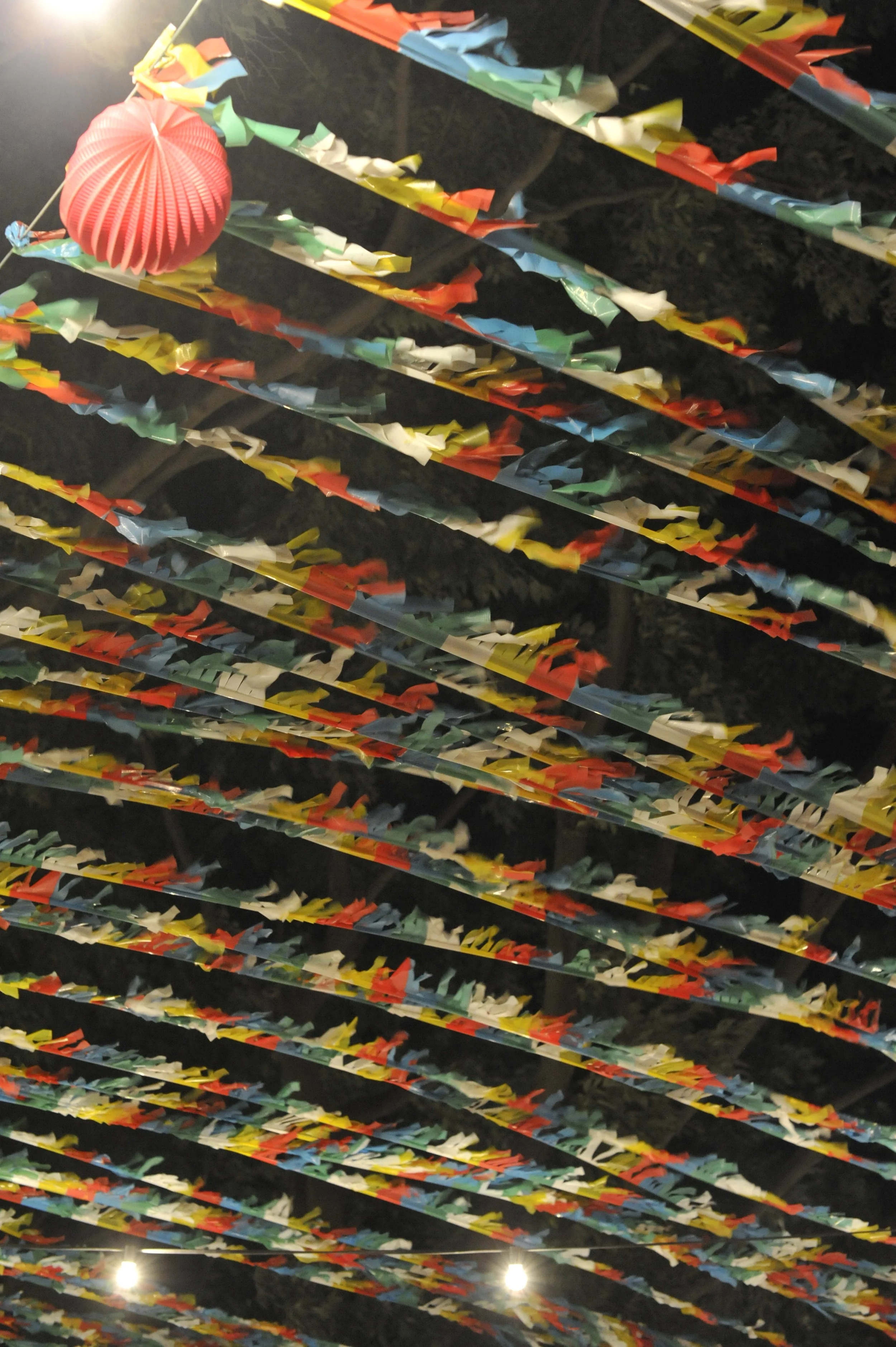Refugee technologies – call for papers
Please note that owing to the disruption in UK higher education caused by industrial action in defence of staff and students we are postponing this event until autumn 2023. A renewed call for papers will also be circulated ahead of the revised date.
We are pleased to announce that the ‘Doing Refugee History’ series continues this semester on the subject of refugee technologies and will take place on Thursday 20 April 2023, 2-4pm UK time.
Technology has shaped refugee history in many ways, from how refugees move and stay connected to how states seek to regulate and control migrant mobility. Boats, trains and planes enabled people to travel to places further and further afield. Letters, telegrams, emails and messaging applications have enabled people to keep in touch and raise awareness about refugee situations. Conversely, identity documents, passports and now facial recognition technologies have created layers of regulation and bureaucracy that refugees must navigate and overcome. Technology has also changed the manner in which researchers access histories of displacement and refuge, and transformed the nature of research in this field.
The purpose of this roundtable is to explore the topic of refugee technologies in history. What kinds of technologies have refugees used in their journeys? What kinds of experiences have these technologies fostered? In what ways have various technologies been used to regulate refugee movements and refugee bodies, historically and in the present? And in what ways has technology transformed historical research? We welcome contributions that discuss technologies, broadly defined, and consider how these inform approaches to doing refugee history.
We encourage scholars at all career stages to submit abstracts for papers that use empirical case studies to explore subjects including (but not limited to):
Diverse technologies used by refugees over the course of their displacement, transit, settlement or return
The relationship between technology and mobility in histories of displacement
State interests in technologies of control and, relatedly, refugee resistance
The use of various technologies in research involving refugee histories such as digital humanities, spatial representations etc.
We welcome submissions from scholars in other disciplines doing research on historical subjects.
We will run this roundtable with four short (c.2,000-word) pre-circulated papers. Presenters will comment on each other’s work and engage with audience Q&A.
Timeline
Please send your abstract (no more than 200 words) to doingrefugeehistory@gmail.com no later than 24 February 2023.
Decisions on the programme will be made by 3 March 2023 and invited speakers will be asked to submit their short papers for circulation by 3 April 2023.
The roundtable will take place on 20 April 2023, 2-4pm UK time, via Zoom.
Co-convenors
Anna Maguire (UCL)
Laura Madokoro (Carleton University)
Benjamin Thomas White (University of Glasgow)
The banner image shows an anonymous hand-drawn diagram with little arrows and stick figures and pictures of a train and boat or two, plus text in Arabic and some Latin script, showing how to get from Turkey to the German border in twenty easy steps.
Source: Ghaith Abdul-Ahad, ‘Some Tips for the Long-Distance Traveller’, London Review of Books vol. 37, no. 19, 8 October 2015, available at https://www.lrb.co.uk/the-paper/v37/n19/ghaith-abdul-ahad/some-tips-for-the-long-distance-traveller
Thanks to Dr Esa Aldegheri for suggesting this image.



